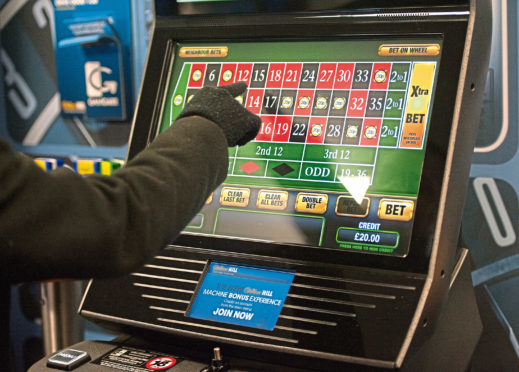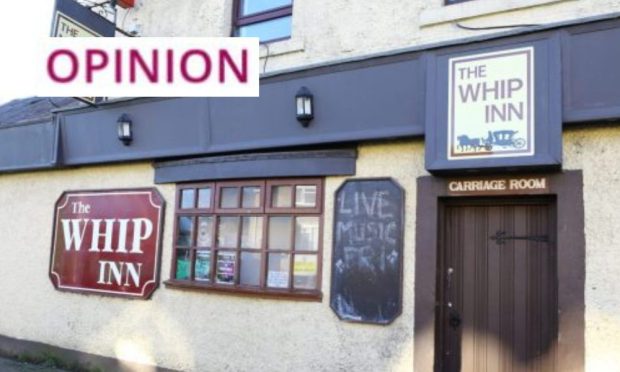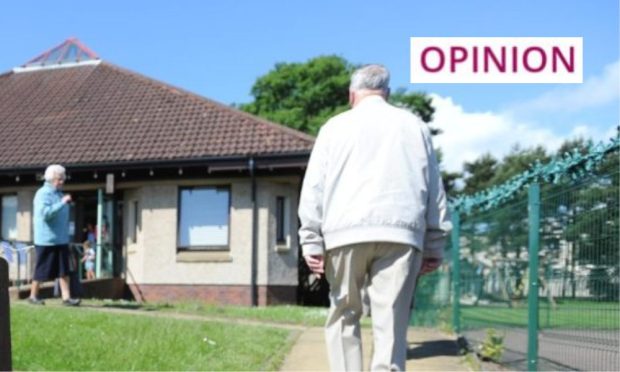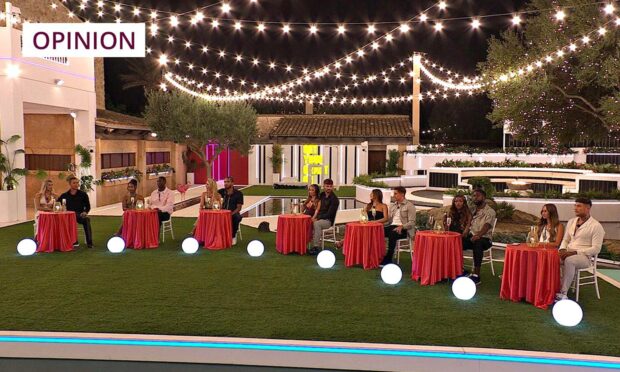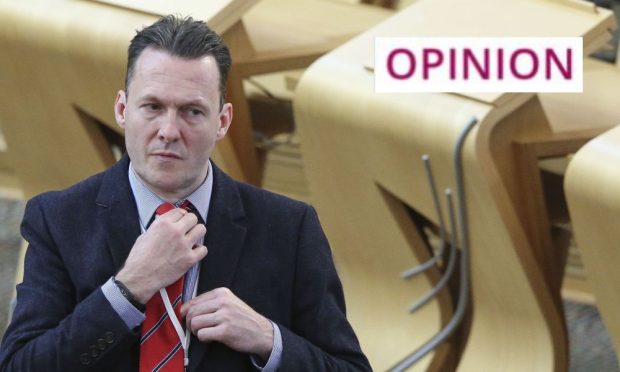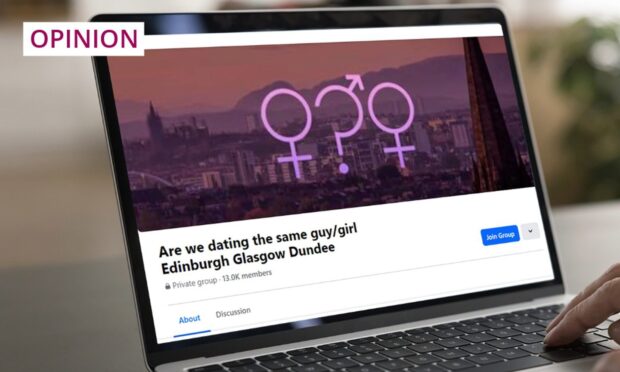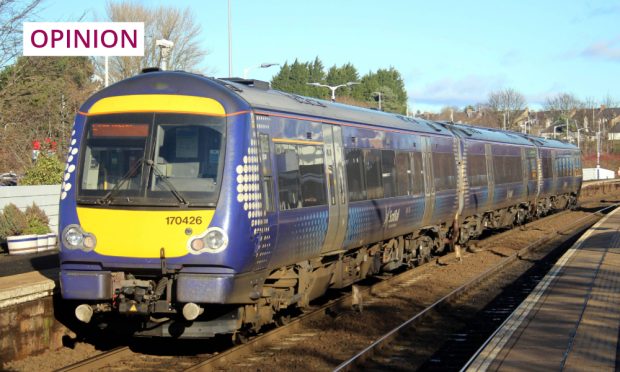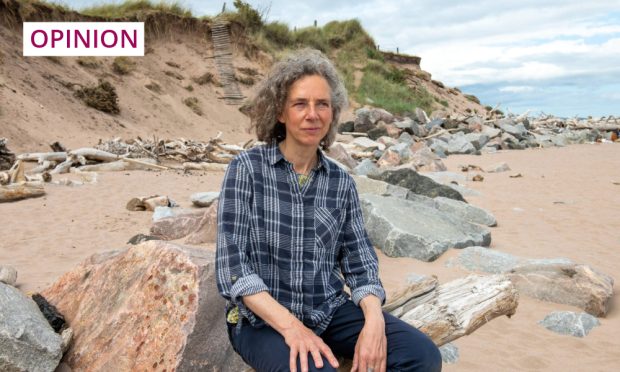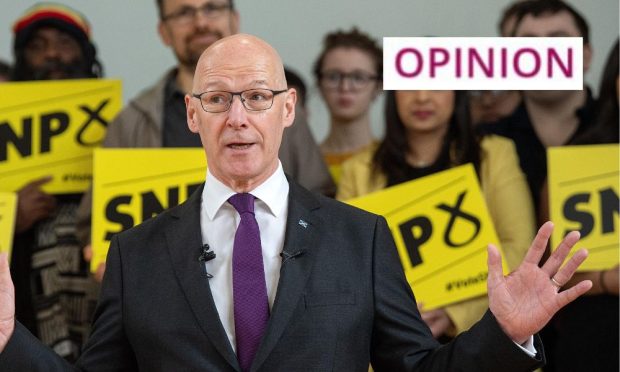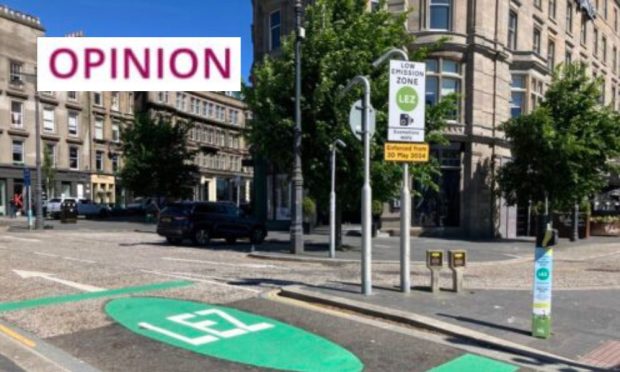Sir, – It is an excellent move for the UK Government to lower the maximum stake on fixed odds betting terminals to £2 from £100 but it should have been done sooner.
The Government has known about this for more than five years yet is only acting now and there is no timetable at present for when these changes will come into effect.
Compulsive gambling is a psychological illness that has blighted many lives – for addicts and their families. It has been a contributory factor in marriage breakdowns, financial ruin and even suicide. As a compulsive gambler myself I know these machines are highly addictive and betting shops use this to their full advantage.
The betting shops are using “project fear” by claiming job losses to try to stop this change but they have a social responsibility and the damage done to communities throughout the country by fixed odds betting terminals is simply incalculable.
Gordon Kennedy.
Simpson Square,
Perth.
If we build it, will they come?
Sir, – Stefan Morkis (Courier, May 14) seems to have suddenly come to the realisation that we possibly have too many hotels planned in the Riverside area of Dundee.
This must be a shock to Mr Morkis since just a few weeks ago he gave us his opinion on the disgraceful office block which is hiding the V&A. At that point he was full of optimism and praise of the city planners, telling the public how the surrounding buildings are necessary to bring financial input for the area.
It will be nice if the hotels get the “millions” of tourists and visitors we are led to believe are heading for Dundee.
On April 12, I sent in a letter to The Courier which included the quote: “Apart from the V&A, what else is going to bring millions more visitors to Dundee?
“Where exactly will the visitors spend the millions of pounds we are being told will come to Dundee? Discovery Point? RRS Discovery itself? In fact, what is new in Dundee apart from the V&A? Nothing of any note”.
Mr Morkis now seems to have taken that on board.
The fact is this whole mismanaged scheme depends on people staying in the hotels.
This, we are told, is the beginning of a spectacular era for Dundee. This leads me to question the city planners and business gurus in the council.
Do we have a client or clients for this expensive office block? Do we have additional parking spaces for the 800 people we are told will work in the office block? Is there a traffic plan and, if so, why is it not in operation at present to deal with the gridlock which is Dock Street, the Tay Bridge off ramp and Riverside Drive?
Optimism is wonderful. Just do not let reality get in the way.
Arthur Gall.
Pitalpin Court,
Dundee.
Plea for the pedestrians
Sir, – Can anyone tell me where my visitors, coming either by bus or car, can park to visit the V&A museum?
Not everybody is able to walk from town dodging traffic in the Dock Street area.
Fiona McMillan.
Ethiebeaton Terrace,
Monifieth.
Prisoner rights and wrongs
Sir, – Members of the equalities and human rights committee at Holyrood have suggested prisoners should be permitted to vote.
I cannot understand why committees are set up to spend time and money on subjects such as prisoners’ rights when there are more important things to investigate – homes for the homeless, the injustice of benefits for those who deserve them, NHS funding etc.
But votes for prisoners? Absolutely not.
Every person in prison has violated the rights of the ordinary citizen. Drunk drivers have ignored the rights of people to be safe on the road. Burglars have taken away the rights of everyone to feel safe in their homes.
Murderers have taken away the right to live. Hence they have lost some rights.
Even so, prisoners still have the right to a roof over their heads, to food, clothing and communication with their families.
They have access to education. Some may say they have a better life than many so why do they also need a right to vote?
Rehabilitation was mentioned – how to behave properly in society should be the focus and then they can vote.
Ask the public. Have a vote on it and we’ll see what people think. Surely we have the right to that.
Gerard Dignan.
Denhead Crescent.
Dundee.
Who profits from pricing policy?
Sir, – Canada, states of the USA, and Russia have minimum prices for alcohol based upon tax, which goes to support public services.
Scotland is the first country to introduce a minimum price which is based upon alcohol volume (per unit) with no statistics or figures to show any direct effects or benefits.
So why has the Scottish Government interfered with price fixing within a free capitalist market?
Primarily because of an opinion. Whose it is based on is unknown, but the thought of government policy and law being based merely upon outside opinion is frightening.
The principal benefits of the minimum price will go to off-licence owners, supermarkets and shareholders, so one can only assume this windfall will in some way go to compensate for increases to business and income tax.
Not to mention compensation for the incompetent way that public services such as health, education, economy, transport, justice, police are being administered.
A final thought – Scots will be obliged by law to subsidise overseas capitalist shareholders. Who would have thought?
Alan Bell.
Roods,
Kirriemuir.
Echoes of the empire
Sir, – Mr Moncrieff, (Letters May 12) tries to paint an optimistic picture of Britain’s trading advantage after Brexit and at the same time criticises Dr Cameron of St Andrews for indulging in promoting a much gloomier outlook.
Whilst personally caring nothing for his political leanings it is only fair to recognise the good doctor’s sense in his economic forecast.
Mr Moncrieff seems totally unaware that historically the UK dominated world trade at the height of its imperial powers and delighted in taking advantage of its position of power by imposing stringent tariffs upon any nation who found it necessary to trade with it.
These wrongs live long in the memory and the victims of past UK trading misdeeds are eagerly looking forward to pay back time.
To clarify any misunderstandings about the validity of the Brexit result, it was achieved by the numerical English advantage over the other three member states in what is supposed to be a union of equal partners – not one in which the largest nation expects to bully the others into having its own way.
The days of empire are long gone and those foremost in ignoring the current reality are a group of narcissists led by Jacob Rees-Mogg.
Allan A MacDougall.
Forth Park,
Bridge of Allan.
TV news the victim of this fall
Sir, – I, for one, was saddened but not surprised by the demise of STV2.
For several months the daily diet of three or four football programmes and ancient repeats seemed to be supported entirely by commercials aimed at a west central Scotland audience.
Unfortunately what will also be lost will be the quite serious local news stories which are ignored by all the other channels.
John Crichton.
Northampton Place,
Forfar.
